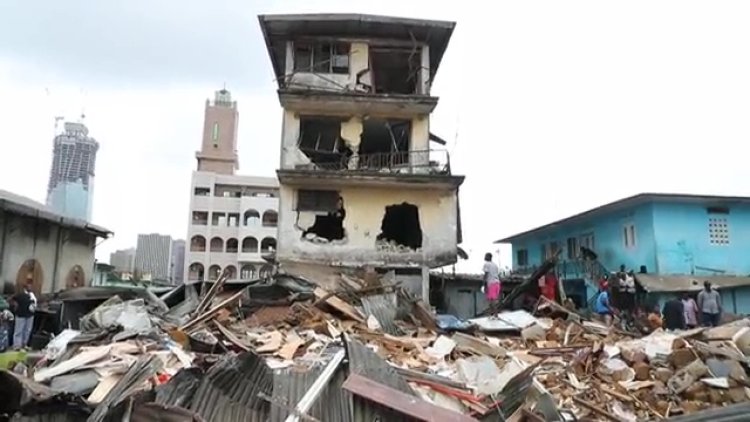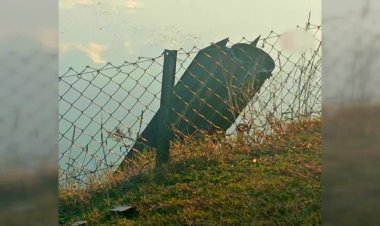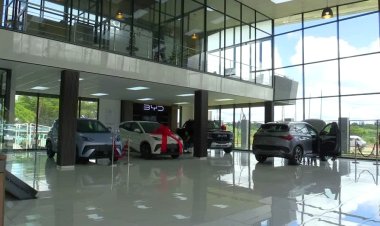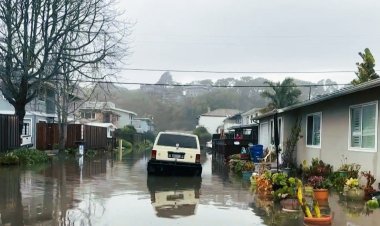Demolitions in Abidjan Spark Outrage

Several homes near the Forth Bridge area of Abidjan were demolished by order of the Ivorian authorities.
The objective of this action was to free the rights of way of the main arteries, recover public spaces and non-constructive spaces and apply the order that prohibits street commerce, begging and the use of carts.
Neighbors denounced that the operation was carried out without prior consultation and expressed their anger at what they consider an injustice.
The government says it's because of public health concerns as the poor areas — built along a lagoon in this port city of 6.3 million on West Africa's southern coast — suffer deadly floods during the rainy season. More than 300 people have been killed since 2005 and officials say the deluges become breeding grounds for water-borne and other diseases.
Demolitions in low-income neighborhoods are nothing new in Abidjan, where rapid urbanization has led to a population boom and housing shortages, with nearly one in five Ivorians residing in the city. It’s a challenge in many parts of Africa where economic woes pushed more people into cities in search of better opportunities, straining an already overstretched infrastructure.
However, the latest Abidjan demolition — mainly in impoverished suburbs in the Gesco and Sebroko districts — is one of the largest in years, with an estimated hundreds of thousands of residents affected since it began in late January. Evicted families and rights groups say that this time, it's being done without prior notice or compensation.
Analysts say many African governments struggle to manage population explosions in cities and meet growing infrastructure needs.
Local authorities have defended the demolitions, and say relocations of families left homeless to safer areas has started.
Some 35% of Ivorians are poor. Water shortages are a daily curse, with many forced to fetch water from streams for their daily needs.















